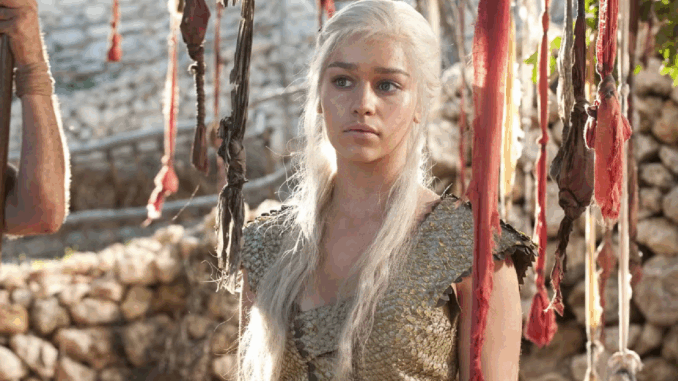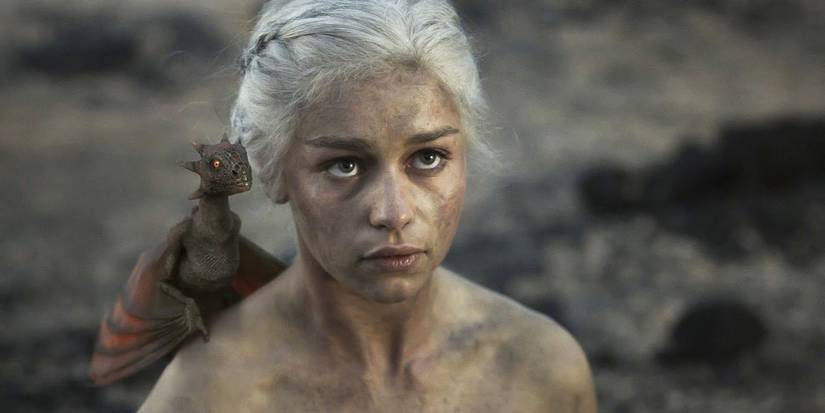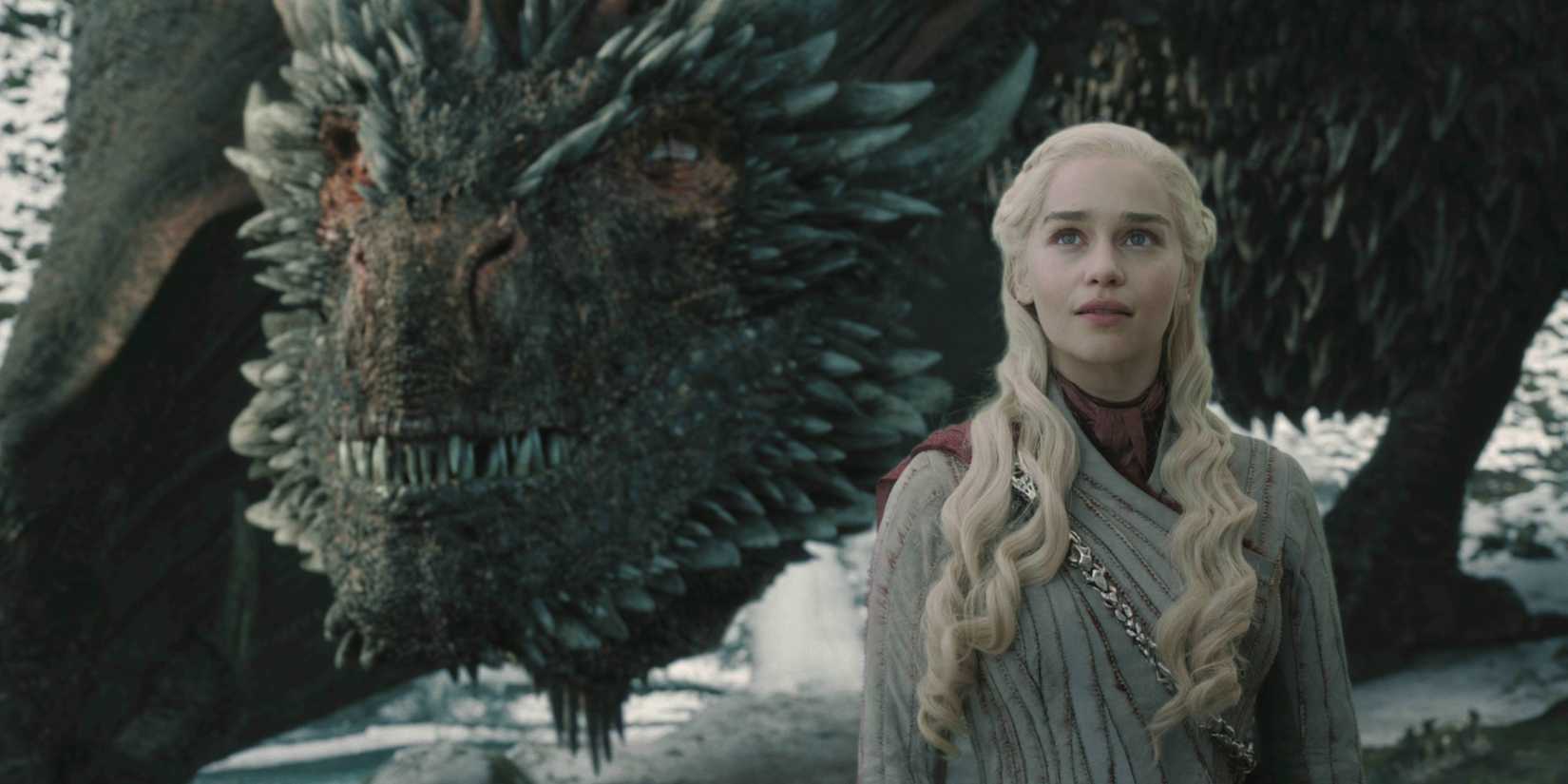
Putting aside Sean Bean’s tendency to play characters who are killed, Ned seems like a player with so much potential as season 1 unfolds. Game of Thrones may have an ensemble cast, but he’s at the heart of the first season’s story, making him feel like a main character.
This makes Ned’s death a turning point, as it drives home the reality that no character is safe in the world of Westeros. As such, “Baelor” is often cited as an installment that changed Game of Thrones forever. And although there’s some truth to that, there’s another season 1 installment that altered the course of the fantasy series even more.
Ned’s Death Was Huge, But Another Season 1 Episode Changed Game Of Thrones
Ned’s death is undeniably a turning point in Game of Thrones — the War of the Five Kings would play out much differently without it happening — but season 1’s finale is the installment that truly changes everything for the HBO series. During its earlier outings, Game of Thrones‘ finales tended to be quieter than episode 9, but critical developments still unfolded during their runs.
After all, Daenerys steps onto a burning pyre and emerges with three baby dragons in “Fire and Blood.” This is a pivotal moment for Game of Thrones, but it’s one that’s somewhat overshadowed by Ned’s execution and the aftermath of it.
One could argue that the stakes in Game of Thrones‘ world were always high, even if many didn’t expect a character as important as Ned to perish. However, until “Fire and Blood,” it isn’t clear how much magic and the supernatural will factor into the series. The finale’s last moments answer that question and set the stage for what’s to come.
Game Of Thrones Season 1’s Finale Fully Leaned Into The Show’s Fantasy Elements

Game of Thrones opens with the threat of the White Walkers, but it’s easy to overlook the importance of Will the Deserter’s run-in with them — especially given how downplayed the storyline is during season 1. Sure, the Night’s Watch sees the warning signs that something is looming, but it seems distant from the main political conflicts.
And from “Fire and Blood” onward, Game of Thrones increasingly leans into its fantasy elements. The threat of the White Walkers becomes more and more pressing, the Red Woman begins doing the impossible, and Dany uses her dragons to further her conquest in Slaver’s Bay, and then, in Westeros.
Looking back, it’s clear that “Fire and Blood” is the installment when everything changed for Game of Thrones. The series would look different without Ned’s death, but it would be even less recognizable if Daenerys’ dragons had never been born.
The HBO Show Would Be Totally Different Without Daenerys’ Dragons
“Fire and Blood” lays the groundwork for so much of what happens throughout Game of Thrones‘ next seven seasons, as Daenerys wouldn’t get nearly as far without her dragons. This means the threat of her conquering Westeros wouldn’t factor into the show’s political narrative, leading to a very different outcome at the end of the show.
Outside Game of Thrones‘ controversial ending, the show’s fantasy elements would take longer to come to the forefront if not for the dragons — and they’d also have different resolutions. It’s difficult to imagine the fight against the White Walkers without Dany and her army. Arya may have landed the most important blow, but Dany’s forces are crucial to the fight.
Ned’s death has a massive fallout, but ultimately, the events of “Fire & Blood” have an even larger impact on what comes later. The finale also sees Robb and Catelyn making choices that further the large-scale effects of Ned’s demise. So, arguably, it’s a more important Game of Thrones episode on multiple fronts. It’s tragic it doesn’t get as much recognition as “Baelor.”


